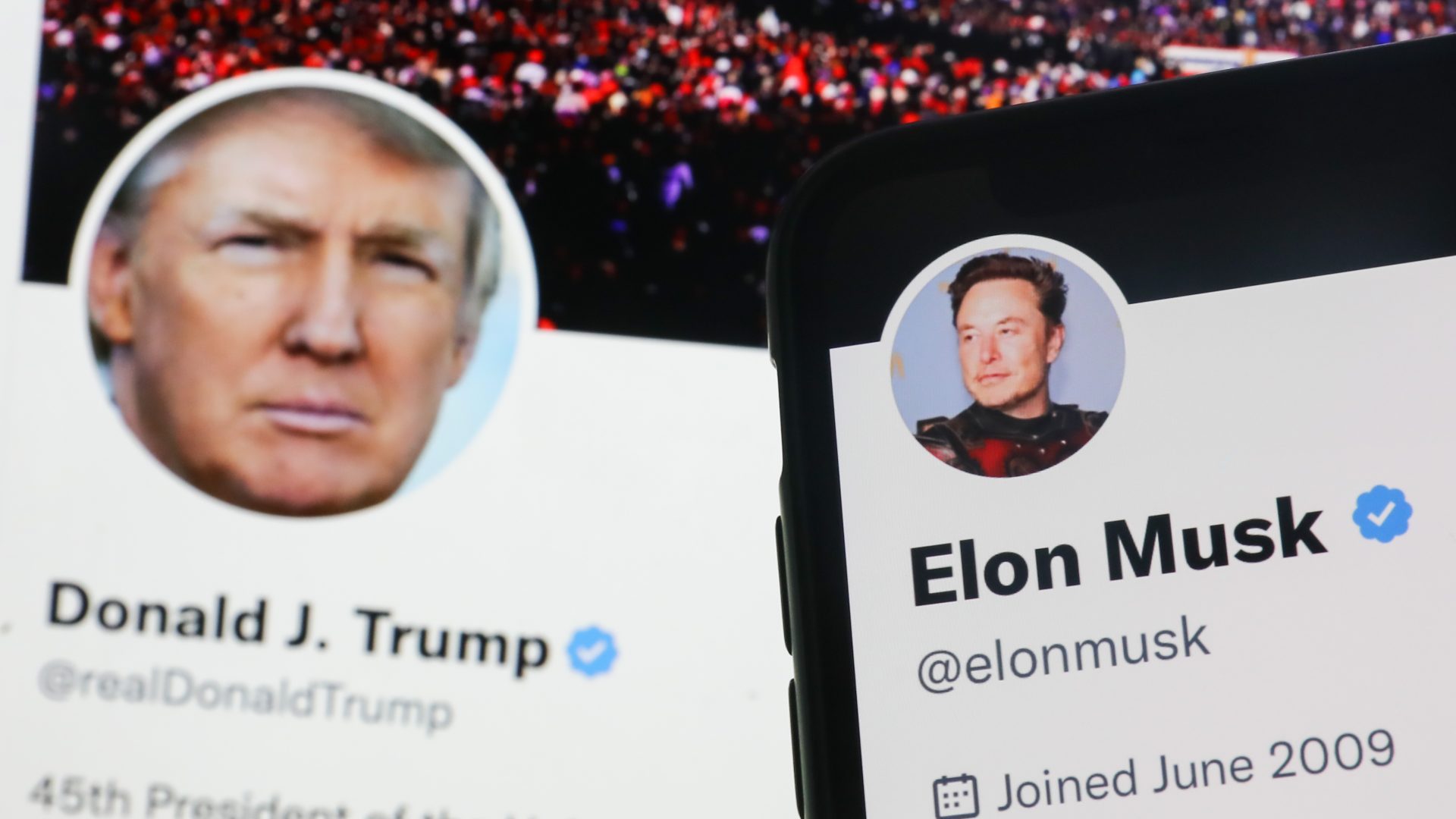It was billed, if only by the two men themselves, as an interview that would break records. Elon Musk “in conversation with” Donald Trump would be such a big event for X that Musk boasted of working an all-nighter the previous evening to make sure servers would be able to handle the huge viewership figures the event would surely attract.
The Musk/Trump hype cycle was boosted by a poorly thought-through intervention by EU commissioner Thierry Breton, who wrote to Musk ahead of the event reminding him of his obligations under the EU’s Digital Services Act – giving the impression that the EU was trying to censor US political debate, and that it was itching to act against him on any ground.
In theory, at least, neither Musk nor Trump needed an EU commissioner to act as their hype man. Were this a WWE wrestling match, the two men would have no shortage of grudges in their past.
Musk in 2022 called Trump “too old to be chief executive of anything, let alone the United States of America”, and suggested Ron DeSantis would easily beat him in a primary. He then hosted a Spaces event intended to boost the Florida governor’s campaign. It was beset by persistent technical failures, prompting widespread mockery.
Trump at the time retaliated by branding the event “a DISASTER” on his own Truth Social network, before criticising Musk’s “electric cars that don’t drive long enough, driverless cars that crash, or rocketships to nowhere”.
All of which could have been fertile ground for a riveting live social media event – even before the possibilities inherent in Elon Musk, who for a time was an illegal immigrant in the USA, interviewing a president who demonises such people routinely.
As it turned out, Musk and Trump were lucky that their interview was beset with exactly the same kind of technical issues that had blighted the DeSantis interview a year earlier. The start of the interview was delayed nearly 40 minutes by a series of technical problems, blamed by Musk on a cyberattack by unnamed hostile actors – a claim immediately called out as false by tech site The Verge.
The technical failure at least gave people something to write, tweet and joke about – not least because Elon Musk wants to send humans to Mars and plant electronic chips in their brains, but struggles with the technology to transmit live audio, which humanity sorted roughly a century ago.
That was a relief, because the conversation itself was frankly dull: a full two-and-a-half hours of Trump monologuing on his usual themes, with the occasional stammering interruption by an astonishingly deferential Elon Musk, who asked for a role on a task force during the interview and on multiple occasions reminded the audience he endorsed Trump.
Trump’s usual rambling untruths were there aplenty. Foreign governments were emptying prisons, he was about to cut the national debt, the economy had been the best it ever was, and he recollected obviously imaginary conversations with world leaders.
Musk joined in with his esoteric theory that all inflation is the result of government spending, or that the issue with carbon dioxide emissions is that eventually the air becomes hard to breathe (long after climate change has rendered life as we know it impossible).
This was interspersed with occasional praise for Musk and his companies from Trump, while both men praised themselves for their political moderation and wisdom. To call it a softball interview would be an insult to softball interviews – there are pub conversations between elderly drunks that ramble less, repeat themselves less, and which are more fun to listen to.
Trump repeatedly suggested that Kamala Harris wouldn’t be able to withstand a conversation like the one he was having – as if monologuing to the most gentle of cues from a public supporter of your campaign wasn’t the easiest thing in history. Musk predictably followed it up with an invitation to Kamala Harris to do the same, as if a ‘conversation’ with an open supporter of your rival was a generous or even fair offer.
The fact of the conversation was, in the end, far more telling than any of its contents. Both men immediately pretended they had never been in dispute. Both wildly overhyped its significance and its audience numbers, which peaked at slightly over one million. Neither felt obliged to say anything new or interesting.
And Musk was unable to run the simple event – two people speaking, audio only, to a manageable online audience – without the technology powering his social network collapsing, just as he was then unable to own the failure.
The conversation might have been boring. The story around it, at least, was much more revealing.











